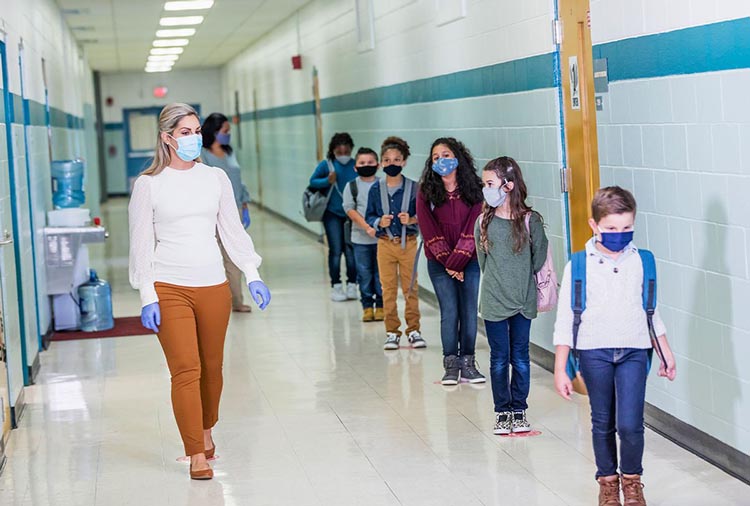
From The Journal
By Dian Schaffhauser
10/13/21
Almost two-thirds of school superintendents (63%) said they have contemplated leaving the job. While some were already planning to retire during the 2021-2022 school year, more said they were driven by “the stress of the no-win situation” in which they were finding themselves.
That’s the big outcome from a survey of superintendents run in June by the National Superintendents Roundtable.
Responses from 400 district leaders cited the “no-win situation.” As one superintendent explained, “The whole political circus that this terrible public health crisis has turned into is tragic. Antimaskers and anti-vaxxer parents have turned into combative activists, while 50% of parents want completely in-person education with no restrictions, and the remaining 50% want remote learning or every mitigation strategy in place, including a universal mask requirement.”
Many respondents reported receiving personal and family threats, having people follow them home from school board meetings and becoming the target of vandalism. The problems were viciously exacerbated for superintendents who were female and/or people of color.
The survey also found that while feelings of frustration persist, 83% of superintendents have remained on the job. Primary reasons cited by respondents included these: They’re dedicated to the work; unwilling to leave their students, communities and staff; the current year is an anomaly that won’t last forever; and the retirement and insurance benefits are too compelling to walk away from. Another reason mentioned by several: They didn’t want to be “driven out by the people attacking them” or “cave in to [community] bullies.”
The survey also revealed that while hiring of principals probably wouldn’t be a major emergency, teachers were another story. Three-quarters of survey participants said that they projected having to replace fewer than a tenth of their principals. However, a third expected to replace between 11% and 20% of their teachers, and 8% anticipated replacing between 21% and 30%. Another asserted that they expected to have to replace 85% of teachers for the year.
“Unfortunately, we have begun to place people in the classroom who are not certified teachers. There are no applicants available who are fully certified,” one respondent reported. “No one wants to go into education as a profession anymore. Colleges are not graduating enough educators to go around. Pay is a problem. Respect for teachers is a problem. Mandates and control of every aspect of the job is a problem. Benefits and insurance are a problem.”
Superintendents observed that their professions have definitely changed. “It will be harder and harder to find quality candidates to fill superintendents’ positions. The political landscape has made the job increasingly difficult,” wrote one.
The report ended by applauding the resilience of educators and warned politicians who “callously played politics” with the pandemic not to blame them for the economic repercussions of school closings.
The report, “Superintendents Struggle During Pandemic,” is openly available on the National Superintendents Roundtable.
Photo: Salon.com
Read this and other stories at The Journal

